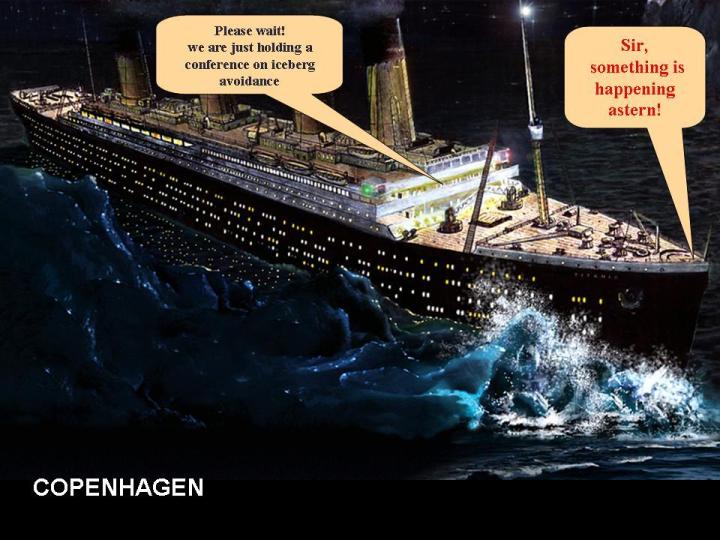Good Planets are Hard to Come By
GUEST POST: Good Planets are Hard to Come By – Andrew Glikson
ANU Earth and paleoclimate scientist Andrew Glikson puts an extraordinary amount of effort, well above and beyond the call of duty, into keeping the rest of us informed on the science behind the global warming issue.
The Earth’s climate system is commonly likened to a supertanker, meaning that in order to avoid disaster later in the 21st Century, we have to start turning the wheel now. Unfortunately there is a political problem in this, because the short-term interests of many in politics and business demand all ahead full. –IM
*******************
GOOD PLANETS ARE HARD TO COME BY
As sea level rises the planet is drowning in an ocean of untruths
Andrew Glikson
Earth and paleoclimate scientist, Australian National University
We’re simply talking about the very life support system of this planet. (Joachim Schellnhuber, Director, Potsdam Climate Impacts Institute, advisor to the German government.)
The sleep of reason produces monsters (Francisco Goya)
While Earth is undergoing a sixth mass extinction in its history, dominated by oxidation of hundreds of billion tons of carbon derived from fossil ancient biospheres, with consequent shift in the state of the atmosphere-ocean-cryosphere system, the feeble efforts of civilization to mitigate the climate is drowning in medieval conspiracy theories aimed against climate scientists by vested interests and fundamentalist man-over-nature ideologues.
The release of more than 320 billion tons of carbon (GtC) from buried early biospheres, adding more than one half of the original carbon inventory of the atmosphere (~590 GtC) to the atmosphere-ocean system, has triggered a fundamental shift in the state of the atmosphere at a rate of 2 ppm CO2/year, a pace unprecedented in the geological record with the exception of the effects of CO2 released from craters excavated by large asteroid impacts.

leave a comment